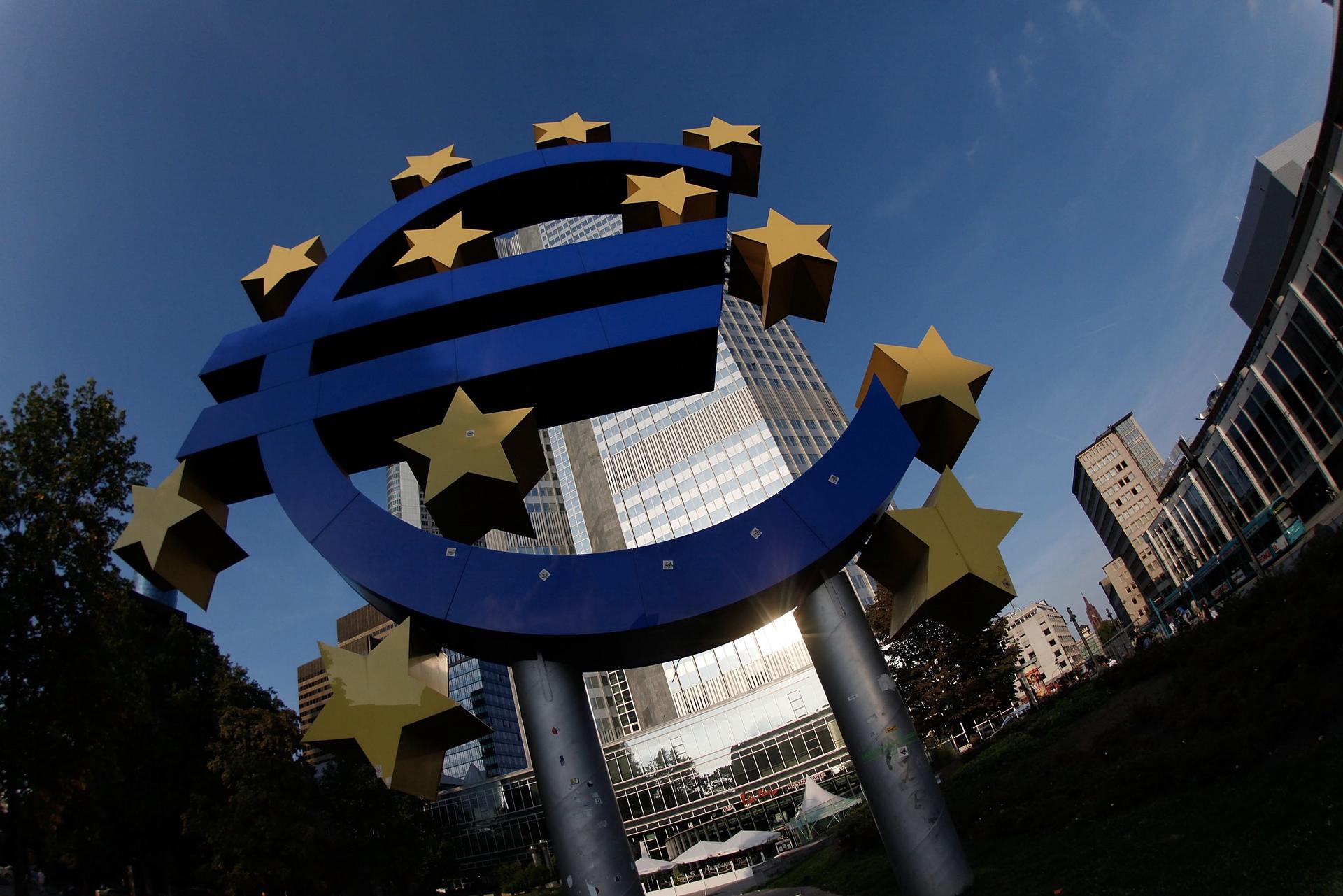Spain’s economic outlook darkens, EU approves bailout loan
The election shock in Athens is reverbarating across the euro zone.
Spain's government warned that its recession will drag on through 2013 as borrowing costs in the country rose to a worrisome level for the second day today, resulting in plunging markets and an EU bailout measure.
According to AFP, the indebted region of Valencia said that it was applying to borrow from a fund of 18 billion euros set up last week by the central government. In response to the announcement, the Madrid stock exchange plunged by more than five percent.
Meanwhile, the yield on 10-year Spanish sovereign bonds rose to about 7.16 percent. Analysts believe that anything above 7 percent could shut Spain out of the public markets and lead to full-scale bailout.
Other European markets followed suit. According to Bloomberg Businessweek, the Italian-German yield gap reached the highest since January, and Germany’s two-year yields fell to a record low. Belgian and French 10-year bond yields declined to all-time lows as investors sought higher-yielding alternatives to benchmark German debt.
According to Richard McGuire, senior fixed-income strategist at Rabobank International in London, Spain faces a "death spiral" as higher yields push up borrowing costs, Businessweek reported.
Spain is due to become the fourth eurozone country (after Greece, Ireland, and Portugal) to get bailout funds, after Euro area finance ministers agreed Friday on an interim bailout payment for Spain’s troubled banking sector.
According to The New York Times, the loan is “warranted to safeguard financial stability in the euro area as a whole,” the ministers said in a statement, but the agreement requires that the Spanish government present plans to reduce its budget deficit to less than 3 percent of the country's gross domestic product by 2014.
The eurozone will face more uncertainty in the coming weeks as Greece is expected to make a 3.1 billion euro payment in August.
According to Daniel Pingarron, a strategist at IG Markets who wrote to AFP, "a large number of investors think that the possibility of a break-up of the euro is rising."
The story you just read is accessible and free to all because thousands of listeners and readers contribute to our nonprofit newsroom. We go deep to bring you the human-centered international reporting that you know you can trust. To do this work and to do it well, we rely on the support of our listeners. If you appreciated our coverage this year, if there was a story that made you pause or a song that moved you, would you consider making a gift to sustain our work through 2024 and beyond?
